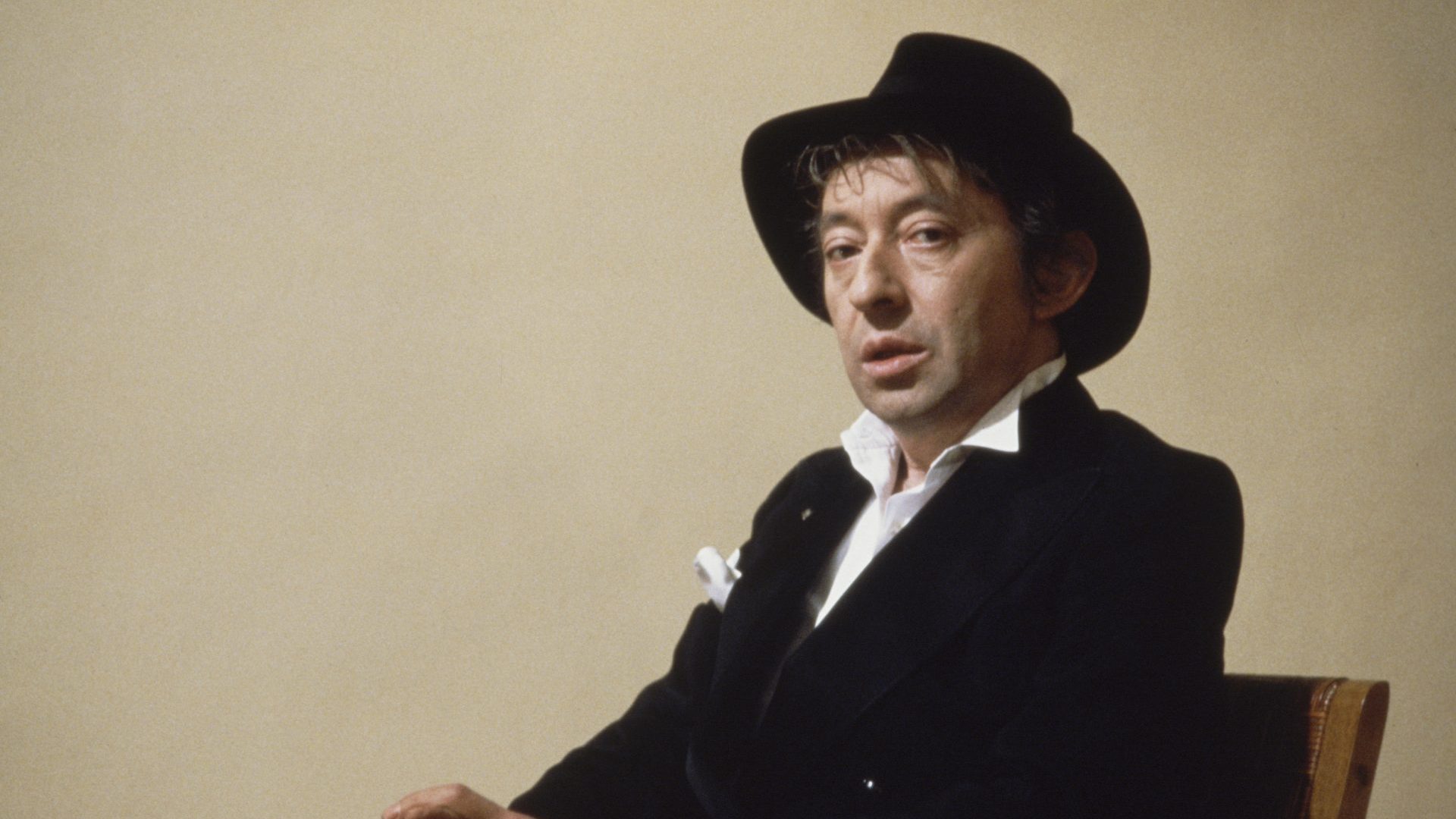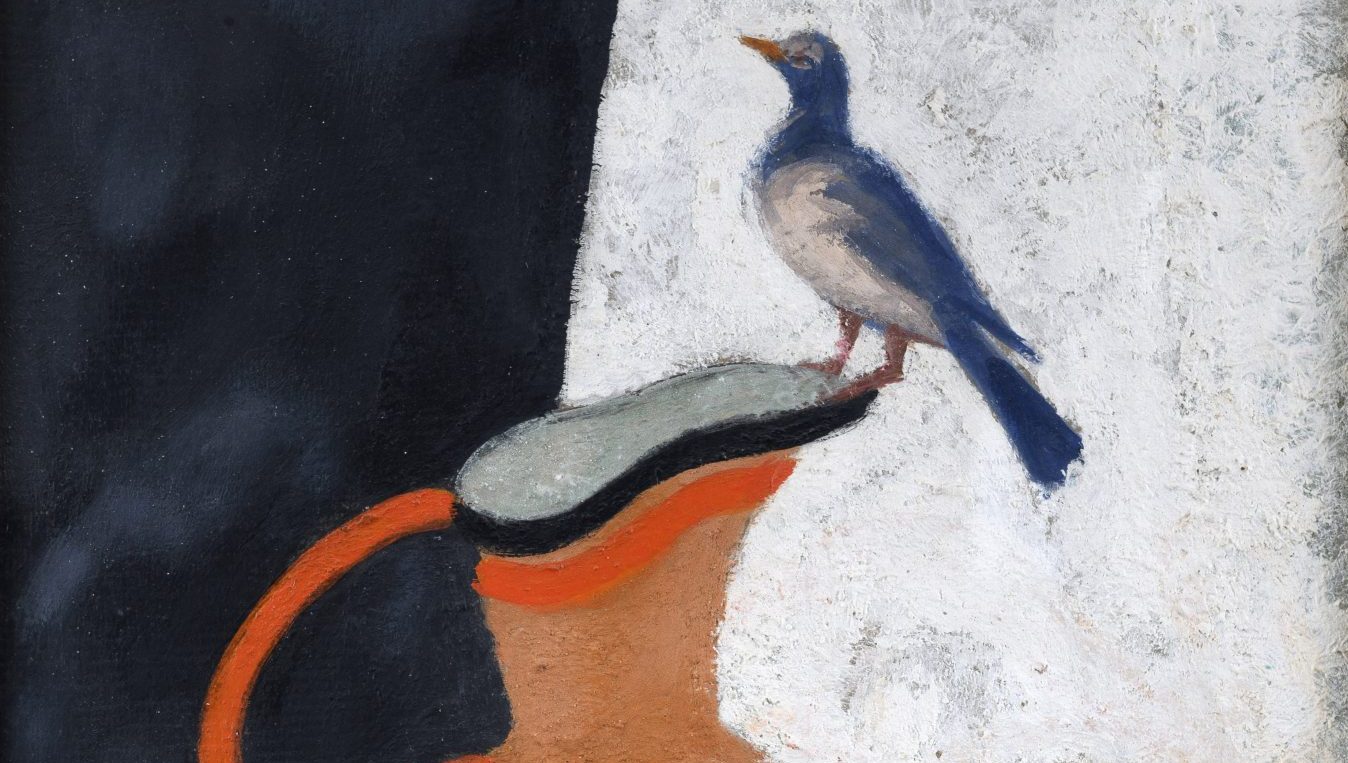When Nielsen BookScan released its early overview of how the publishing industry performed in 2023 a couple of weeks ago, there was nothing particularly startling about it. Overall book sales in the UK were down slightly on the previous year, but the amount spent on books went up, ensuring the business emerged blinking into the new year in pretty robust shape.
Then someone pointed out that of 100 bestselling paperback fiction titles of 2023, eight were by celebrities, of which five made the top 20. This caused the sort of people who object to this kind of thing to go off like a consignment of distress flares on a burning oil tanker.
What these people overlook is that the publishing industry is, for better or worse – mainly worse – a commercial operation, not a competition to determine who writes the best sentences. It is all very well being able to write like a dream, but if you’re writing like a dream but not producing something people want to read then there is no case for publishing you.
A common whine is that the money invested in titles written by celebrities would be far better spent on new titles by new authors. This would of course be true if we lived in some kind of economic vacuum. That money has to come from books that have already sold in significant numbers, many of which happen to be written by people famous for doing other things.
There is no weird conspiracy behind celebrities having novels published, just the reality of economics. Publishing is a risky business, and no book is guaranteed to succeed. Hence every published title has to be loaded with positives that give it the best chance of succeeding. The nature of modern culture and the importance of marketability makes celebrity one of these positives when books are commissioned, whether the self-appointed literary gatekeepers like it or not.
Most of the publishers I know would much rather spend their working days searching for the next Virginia Woolf. They also know that to achieve that they must raise the money to do it.
There is currently a bizarre conspiracy theory that claims Argylle, a forthcoming spy movie directed by Britain’s Matthew Vaughan, is an adaptation of a yet-to-be-published novel by the singer Taylor Swift. There is no evidence that this is true, but while some readers will always prefer Jonathan Swift to Taylor, I think I know what would get the modern publishing world more excited.
I always detect a snobbery involved in the implication that a novel by someone who has made their name in a sphere other than literature is automatically worthless. When you look at the celebrities in the paperback fiction charts you can’t really argue against the quality of books there by, say, Richard Osman or Bob Mortimer. Yes, they might have come to a commissioning editor’s attention more quickly because of their name, but their books are there entirely on merit.
This snooty iconoclasm should have been eliminated years ago because it just doesn’t stand up to scrutiny. In 1996 an Observer review of Stephen Fry’s novel Making History asked “How can you take a novel about the Holocaust seriously when it’s by the chap from Jeeves and Wooster?” Would anyone today question Stephen Fry’s place on the shelves because he started out as a trouser-dropping gag merchant?
We can date the current wave of literary sneering to one book. In 1994 Heinemann put out Swan, a novel by Naomi Campbell set in the world of the supermodel, except that her name’s appearance on the cover was about as far as Campbell’s involvement in the book went. Indeed, the alleged author soon cheerfully admitted that she hadn’t even read Swan, let alone written it. To Campbell this was no big deal, just a regular run-of-the-mill endorsement, putting her name to the book in the same way she would to a bottle of perfume.
Predictably, Swan was a turkey, a terrible book from conception to execution, and a terrible mistake by the publishers that has tainted fiction written by celebrities ever since.
Yet, just as football did not begin in 1992 with the advent of the Premier League, the celebrity novel did not begin with Naomi Campbell.
It is tricky to identify the first celebrity novelist. Benjamin Disraeli comes to mind, but he published his first in 1826, almost 50 years before he became prime minister. If we stick to the modern concept of celebrity, perhaps the first high-profile novel of its kind came from the unlikely pen of the Austrian screen actor and director Erich von Stroheim.
Stroheim, once the darling of Hollywood, had fallen on hard times when in 1935 he published Paprika, a steamy potboiler set among the Romanies of the Carpathians, described by its publishers as revealing “with the blunt scalpel of realism the sadism inherent in the sexual plexus of a woman”. Fair to say it probably hasn’t aged well.
Paprika was in effect a glorified film treatment through which Stroheim had hoped to double his money – if the book was a success, Hollywood would beg him to make the film he had intended it to be all along. Reader: they didn’t, but the book still sold reasonably well.
The screen legend Jean Harlow completed a novel shortly before her early death in 1937 at the age of 26, a rollicking, breathless gush of a thriller involving a wealthy Long Island couple at the end of the 1920s, which some biographers say she took a six-month break from the studios to write. For a number of reasons, however, many of them tied up with probate, Today is Tonight was not published until 1965, to mixed reviews.
Novels published purely to capitalise on celebrity are nothing new, either. In 1946 Errol Flynn released Showdown, a romantic adventure set in the Pacific Ocean that was so racy it was banned outright in Ireland for obscenity. At the height of his fame, Flynn’s Hollywood contemporary George Sanders produced two crime novels with a ghostwriter. Stranger at Home, 1947, was described as “a most competent if somewhat torrid thriller” by Tatler and subsequently adapted for the screen.
A few film stars have published novels well-received by readers and critics alike. Dirk Bogarde wrote six, and Ruth Chatterton, a Hollywood star of the 1930s, spent most of the 1950s writing critically acclaimed bestselling novels. Jacqueline Susann, who, after a career on Broadway and in television soap operas, turned to writing fiction full-time, published Valley of the Dolls in 1966, which went on to sell more than 30 million copies.
Authors from the world of sport also have a mixed legacy. Dick Francis began writing thrillers after retiring from his successful career as a national hunt jockey, turning out more than 40 books that sold more than 60 million copies worldwide, making Francis probably the only celebrity author to have been elected a fellow of the Royal Society of Literature.
The world of sport throws up one contender for the first celebrity cash-in novel. In 1926 the England batsman Jack Hobbs published a ghostwritten thriller, The Test Match Surprise, capitalising on his personal fame and on the interest in that summer’s Ashes series. It sold reasonably well but was soon forgotten.
The late Terry Venables produced a clutch of football-related novels in collaboration with the journalist Gordon Williams and under the pen name PB Yuill, beginning in 1971 with They Used to Play on Grass, a book that predicted the rise of the footballer as celebrity, as well as the use of artificial pitches. The pair also created the cockney gumshoe Hazell in a series of thrillers later adapted for television.
The former Manchester United defender Steve Bruce brought out a trilogy of frankly iffy football-based thrillers in the late 1990s of which he later admitted: “Just because I’d got a GCSE in English I thought I was going to be the next Dick Francis”. Jimmy Greaves published four novels, including 1980’s The Ball Game whose protagonist, erm, Jacky Groves, “scores between the goalposts and the bed posts” and which opens with the line: “Miss America said she preferred to be on top of me. I wasn’t arguing.” Suddenly that search for the next Virginia Woolf feels a little more urgent.
Bob Mortimer’s much-lauded presence among the bestsellers continues a distinguished line of comics who have turned successfully to fiction. Indeed, more comedians have produced fiction grudgingly accepted on merit by the literati than any other form of celebrity; Spike Milligan’s brilliant 1963 novel Puckoon setting the bar high. Hugh Laurie submitted his 1996 thriller The Gun Seller under a pseudonym to ensure that any commission would be entirely on literary merit, while Eric Morecambe used time recuperating from a heart attack in 1979 to write Mr Lonely, an absorbing novel about a struggling stand-up comedian suddenly catapulted to success and the difficulties that follow.
Arguably the finest slab of literary fiction by a celebrity from the world of comedy, however, came from the pen of Irene Handl.
Handl appeared in a string of mid-20th-century British films and sitcoms, more than holding her own on screen as a wisecracking cockney alongside the likes of Peter Sellers and Tony Hancock, as well as later being a regular on kids’ shows such as Metal Mickey and Supergran. In 1965 she published The Sioux, a complex and searing satire of an upper-class family that earned plaudits from the likes of Daphne du Maurier (“endearing, exasperating, wildly funny, touching and superbly amoral”) and Noël Coward, who called it the product of a “strongly developed streak of genius”. The Sioux is a terrific book that, had it come from an established literary figure, would still be lauded today.
The celebrity novel has become an easy target since Swan, a scapegoat for wider industry failures and more personal grievances among its critics. Granted, sometimes publishers don’t help themselves. The less said about Saddam Hussein’s four novels – the last allegedly finished the day before the US invasion – the better, likewise Boris Johnson’s execrable Seventy-Two Virgins.
The nadir of the celebrity novel has to be Serge Gainsbourg’s Evguénie Sokolov from 1980, a novella running to barely 90 pages apparently reduced from a 500-page manuscript that took Gainsbourg six years to complete. The eponymous protagonist is a man suffering from uncontrollable flatulence who turns his affliction into a way of creating fine art. And that really is all that needs to be said.
Yet while there will always be the odd Evguénie Sokolov, the celebrity novel for the most part stands up to literary scrutiny. Readers enjoy them, and the money they make is a key factor in bringing some brilliant literary fiction into the public realm. I cannot think of two better reasons to keep them coming.




